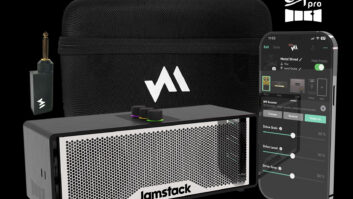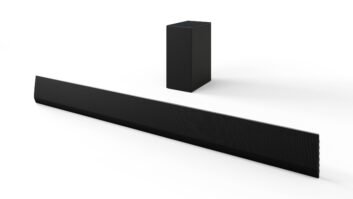Washington
– The Federal Communications Commission (FCC)
voted unanimously to develop policies that will promote innovation and
competition in the cellular industry, devise new ways to measure the industry’s
competitiveness, and evaluate carriers’ consumer billing practices.
FCC Chairman Julius Genachowski vowed a “relentless focus on
policies that promote investment, competition and consumers.” The FCC’s
next step is to gather comments from the industry and the public and recommend
possible regulatory changes based on that input.
CTIA-The Wireless Association said
it was “excited to tell the industry’s story.” It contended that the “wireless
ecosystem-from carriers, to handset manufacturers, to network providers, to
operating system providers, to application developers-is evolving before our
eyes, and this is not the same market that it was even three years ago. In this
industry, innovation is everywhere.”
Gigi B. Sohn, president of advocacy group Public Knowledge, was
also excited to give her input, but for a different reason. “For too long, the
appearance of competition among a few carriers has masked underlying
anti-competitive industry practices ranging from consumer contracts to roaming
agreements,” she said.
For its part, a Washington
think tank called the Competitive Enterprise Institute lamented the FCC action,
which it believes will include exclusive cellphone deals between handset makers and carriers as well
as policies on open access to carriers’ networks.
“The wireless
industry is the last place regulators should be looking for alleged
anti-competitive behavior,” said policy analyst Ryan Radia. “The wireless
market is intensely competitive, and consumers enjoy a dizzying array of
competing mobile platforms and service arrangements.” Consumers, he said, “can
select from the open source HTC G1 to the
walled-off iPhone and everything in between. In addition, practically every big
wireless provider offers both long-term and month-to-month service options.
Where is the anti-competitive behavior?”
He also said the FCC itself is to blame
for limiting competition in wireless services. “Why isn’t the FCC
investigating its own misguided allocation of America’s airwaves, a huge portion
of which remains subject to decades-old rules that protect vested interests at
consumers’ expense?” Radia asked. “If the FCC is truly interested in
promoting wireless competition, it should simply expand the range of spectrum
up for auction. If more frequencies were on the market, their prices would
decline, and more firms could try their hand in the wireless business.”
The FCC, however, said its inquiry on innovation would include
the potential for granting access to more spectrum and using spectrum more
efficiently. As part of the innovation effort, the FCC will also reassess how
it measures competitiveness in its annual wireless-competition report. The FCC
will consider extending the report’s metrics beyond the number of carriers
competing in a given area and carriers’ pricing and offerings. The FCC is
considering an extending the report to include network-equipment vendors, tower
providers, handset makers, applications developers, content providers, how new
technologies might affect competition, and the differences in competition
between urban and rural areas.
The inquiry on carriers’ billing practices will include use and
overage charges and how difficult is it get unauthorized charges removed from
bills. The FCC will also look into how carriers inform consumers about their
service options, service plan details and switching carriers.













